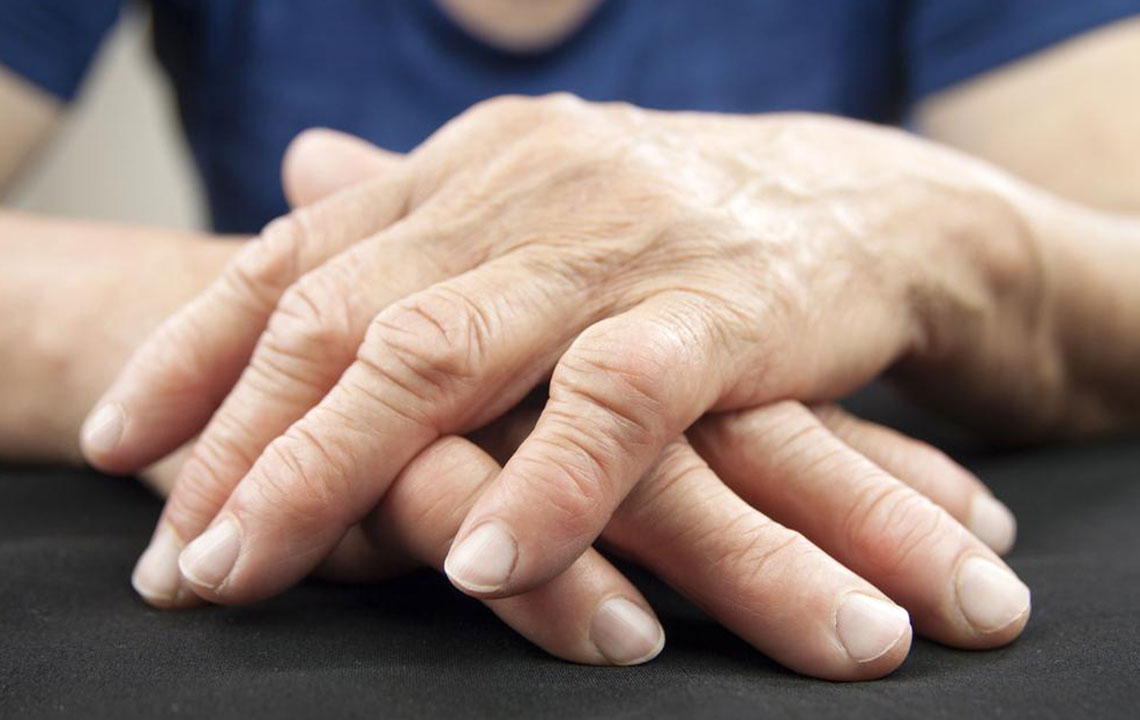Innovative Support Systems Enhancing Care for Ankylosing Spondylitis Patients
This article explores the growth of support networks for ankylosing spondylitis patients, highlighting the pivotal role of the Spondylitis Association of America. It details support programs, educational resources, research advancements, and advocacy efforts that empower patients, foster community, and promote early diagnosis. The piece emphasizes how these initiatives are transforming patient care and encouraging hope for future treatments. By understanding these developments, individuals affected by AS can better navigate their health journey and contribute to ongoing research and awareness campaigns.

Innovative Support Systems Enhancing Care for Ankylosing Spondylitis Patients
Since its initial identification several decades ago, Ankylosing Spondylitis (AS) has posed significant challenges for those affected, primarily due to the historical lack of dedicated support infrastructure. Patients often faced persistent pain, joint stiffness, and physical deformities without access to comprehensive educational resources or targeted research breakthroughs. Recognizing the critical need for community and support, initiatives began to emerge to fill this gap. Notably, over thirty years ago, a pivotal moment occurred when passionate volunteers established the Spondylitis Association of America (SAA) in 1983, transforming the landscape of patient support and advocacy.
The SAA has grown into a national organization that provides vital support programs accessible across the United States, regardless of geographic location. With an extensive network of local support groups, the organization makes it simple for patients to connect, share experiences, and seek advice from peers and professionals. These communities foster a sense of belonging and understanding, which is crucial for emotional well-being and disease management.
Beyond peer support, the SAA actively organizes educational seminars, conferences, and webinars featuring expert rheumatologists and healthcare providers. These events are tailored to empower patients with the latest knowledge, enabling them to manage their condition proactively. The organization maintains a comprehensive library filled with current research findings, treatment options, and self-care strategies, making it a valuable resource for patients seeking to understand and navigate their health journey. Advances in genetic and biomedical research continue to drive innovation, leading to the development of more effective medications and the exciting possibility of a cure in the future.
An essential part of the SAA's efforts involves data collection and analysis. With over a decade's worth of patient data, the organization scrutinizes trends related to disease severity, demographic factors, and health outcomes. This data-driven approach helps identify gaps in care, promote early diagnosis, and improve overall patient management. Advocacy plays a major role as well; the SAA actively campaigns to raise awareness about ankylosing spondylitis, improve healthcare access, and secure increased federal funding for arthritis and musculoskeletal diseases research. The organization’s commitment extends to collaboration at the national level, for instance, through its membership in the NIAMS Coalition, where it works with more than 60 organizations to advance research and policy efforts.
Participating in SAA activities fosters unity among those affected by ankylosing spondylitis and strengthens public awareness. Enhanced community support, educational initiatives, and research advocacy collectively aim to improve the quality of life for patients, promote early diagnosis, and accelerate medical advancements. The ongoing efforts of the SAA continue to shape a brighter future for AS patients worldwide, encouraging hope, resilience, and proactive health management. By joining and supporting these initiatives, patients can play an active role in building a supportive community that champions better health outcomes and breakthroughs in treatment.





